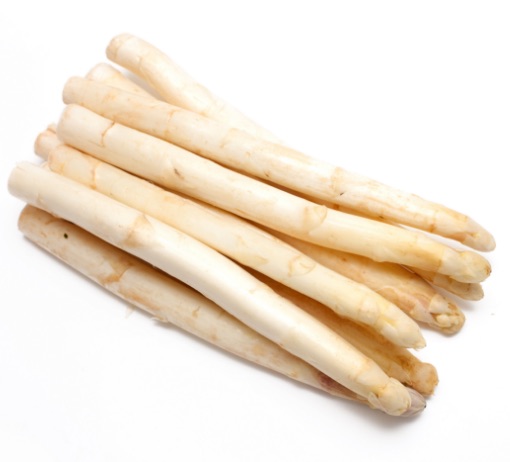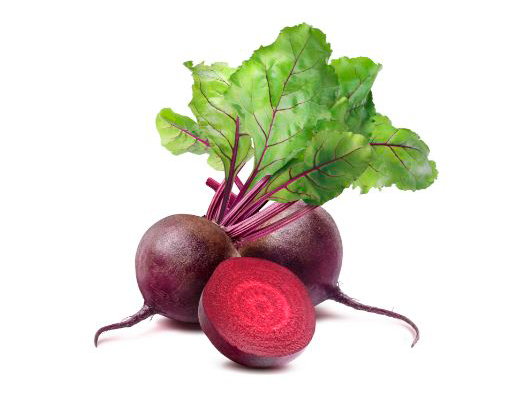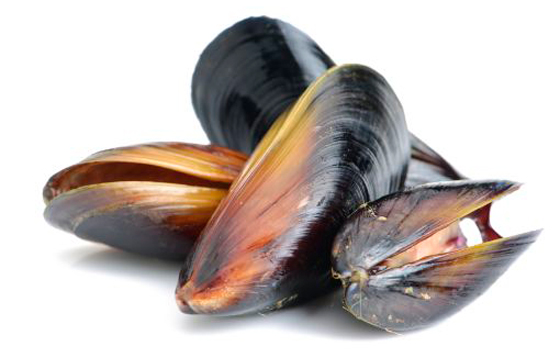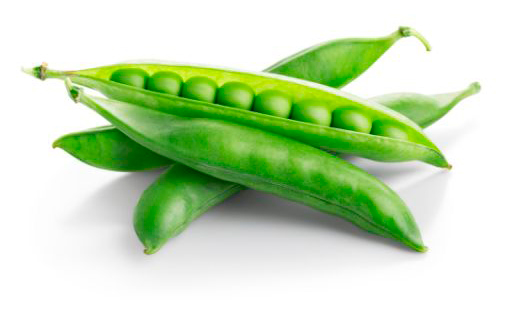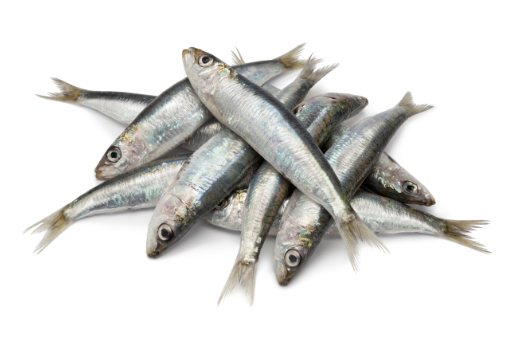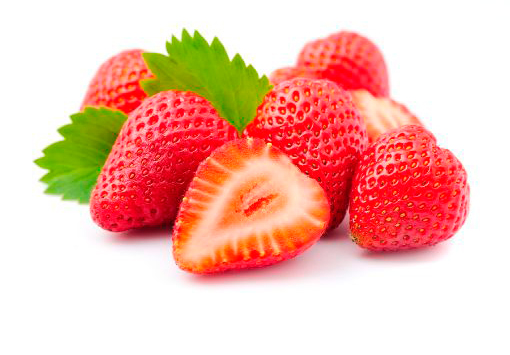Broad beans
Broad beans are a true gastronomic gem. They are usually eaten canned, in oil and sometimes frozen.
It is a locally-gown product: it is the seed of the bean fruit (Vicia Faba), an annual robust herbaceous plant that can exceed one meter in height.
They are normally planted in late autumn and harvested throughout the spring, from mid-March to mid-June.
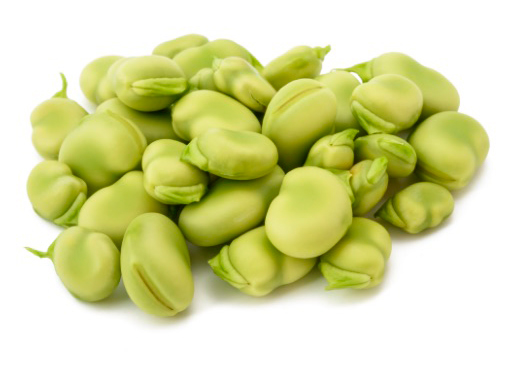
-
Fresh, they can be found in pods, to be shelled at home, but many shops sell cleaned beans, out of the pod, ready to cook.
The smallest and youngest are the most valued, since they are more tender, sweeter and have no bitter after-taste. The larger ones are also good, but the outer skin is more fibrous and they must be cooked for longer.
They are grown all over Catalonia. Especially in the areas of the Maresme, Baix Camp, Berguedà, Alt Urgell and across central Catalonia.
-
Broad beans are very rich in nutrients and vitamin B and C. They also contain minerals, such as iron, calcium and phosphorous. Due to its levodopa and choline content, properties are attributed to this product that help preserve memory and prevent diseases such as Alzheimer's.
Additionally, the beans help purify the blood and keep uric acid at bay and it is a good food for after sports, as it aids faster recovery.
The beans are not an allergen in themselves. However, there may be people who become ill eating fresh beans due to a genetic disease which exists related to a deficiency of the enzyme glucose-6-phosphate dehydrogenase, which is popularly called favism and can cause poor digestion.
-
The most typical dish is Catalan beans, where they are mixed, stewed, with ribs, Botifarra sausage and bacon. They also go well with peas, omelettes and salads (beans and ham salad are very popular).
Like other legumes, beans can cause flatulence in some people. To avoid this, we can add spices and condiments such as thyme, hyssop, bay leaf, fennel, cumin, anise or mint to the cooking.
In any case, it is better to cook them by blanching them quickly before cooking, to remove the bitterness. If we want them to stay al dente, two or three minutes of cooking will suffice, if they are small. If they are bigger and we want to stew them, 30 minutes’ cooking time is recommended.



